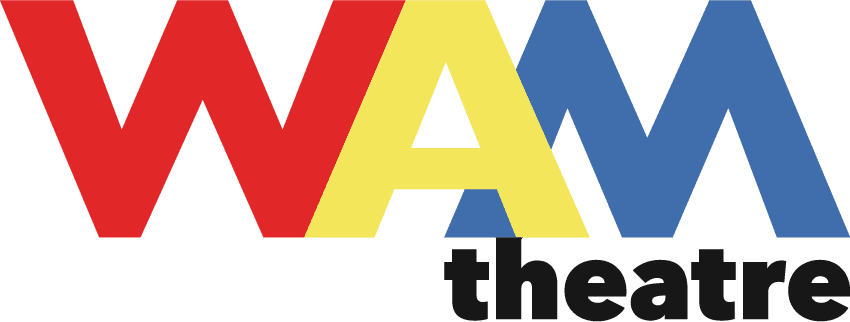Equity starts with arts and culture workers being able to support themselves and their families. Passion is not a substitute for livable wages. But it is a common tale told by nonprofit employers, and employees too, as they try to make ends meet doing what they love. A collaboration of cultural nonprofits from Berkshire and Columbia Counties is seeking input about how chronic low pay for nonprofit arts professionals perpetuates inequities, contributes to personal and family instability, and is a barrier for participation in the regional arts and culture sector.
To ensure that all voices are heard, the public is asked to help disseminate this link and QR code to a brief survey for current and former entry- and mid-level regional arts and culture workers. The cohort hopes to amplify local voices reflecting on how employment works—or doesn’t work—for cultural employees in the Berkshire/Columbia County region. The survey will be open through December 5th: https://bit.ly/Equitysurvey2022.
The results of the survey will be combined with the results of a focus group series and a compensation benchmarking analysis to create a set of sector recommendations and commitments to increase equity. This announcement will take place in early 2023.
As of November 2022, the Columbia/Berkshire Counties Compensation Equity Project includes: Mahaiwe Performing Arts Center, WAM Theatre, Community Access to the Arts (CATA), Art Omi, Berkshire Art Center (formerly IS183 Art School), and Jacob’s Pillow Dance Festival. The Project, which is funded in part by the Berkshire Taconic Community Foundation, was launched during the 2021 Multicultural BRIDGE Inclusive Leadership Cohort, and is informed by local and national equity initiatives.
“Over the last four years, BRIDGE has served as a consulting partner and coach to the Berkshire Taconic Community Foundation Arts Build Community (ABC) in their efforts to develop capacity and accountability within local arts institutions, identifying barriers to access in our cultural sector. We’ve done this primarily through a combination of BRIDGE training, executive coaching, and more recently, our timely and bold Inclusive Leadership Cohort for Social Change (ILC) program.
Through ILC, I’ve witnessed earnest effort in identifying how these cultural institutions have made progress on equity issues like pay equity for arts professionals in this initiative; a need for more diverse leadership and audience participation; and culturally relevant presentations and programs. These are the some of the highest priorities we’ve identified in our arts community here to create new pathways to solutions. I am proud to see the fruits of ILC leaders’ dedicated efforts to make real change. This is the result of leaders authentically listening to concerns raised by a much wider set of arts professionals in our community.” – Gwendolyn VanSant, CEO and Founding Director of BRIDGE
The collaborators in this compensation equity project, who represent the executive leadership of their organizations, strongly believe that the local arts sector cannot make good on its commitments to diversity, equity and inclusion without addressing head-on the issue of compensation. Entry- and mid-level jobs that pay adequately are key to creating an on-ramp for people of diverse socioeconomic, racial, and ethnic backgrounds to pursue a career in the arts, and ultimately strengthening the sector as a result.
“New cultural offerings in our region are attracting growing numbers of homebuyers and visitors, while underfunded compensation models for arts professionals, especially entry- and mid-level workers, sustain outdated and elitist notions that working in the arts is a privilege that justifies sacrifice. The problem with that assumption is that it reserves work in the arts for individuals who have other forms of financial security or are willing to sacrifice financial security for work in the non-profit sector, limiting the voices and perspectives represented within our sector.” – Gavin Berger, Board Member at Art Omi
“By assessing and ultimately improving compensation in entry-level and mid-level jobs, we can improve access to careers in local nonprofit arts organizations for candidates from diverse socioeconomic and racial backgrounds, improving our organizations, extending our artistic breadth, and better serving our community.” – Kristen van Ginhoven, Producing Artistic Director of WAM Theatre
“Berkshire Taconic is grateful for the committed arts and culture organizations that have taken on this important project to critically examine compensation levels to better ensure equity. This information will help retain and recruit skilled staff who are vital to the region’s workforce and our neighbors.” – Emily Bronson, Senior Community Engagement Officer at Berkshire Taconic Community Foundation
###

